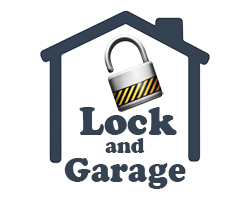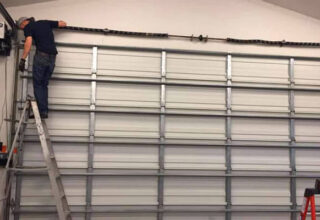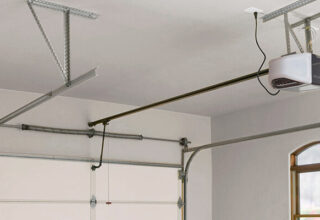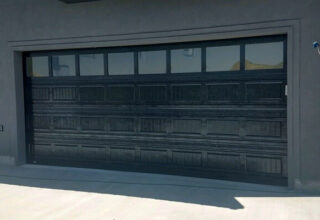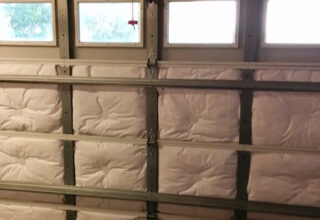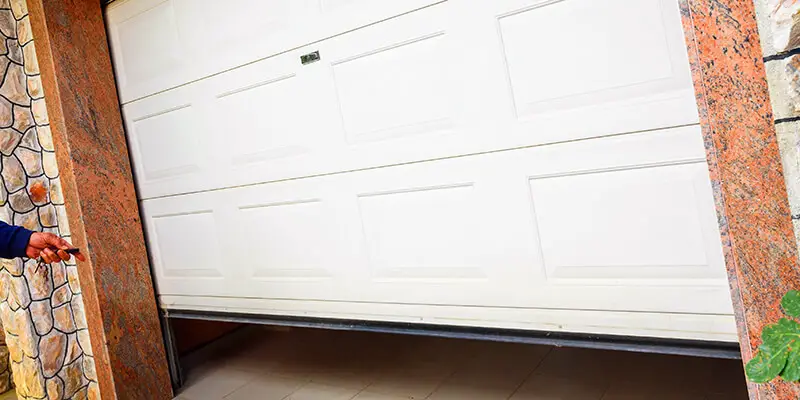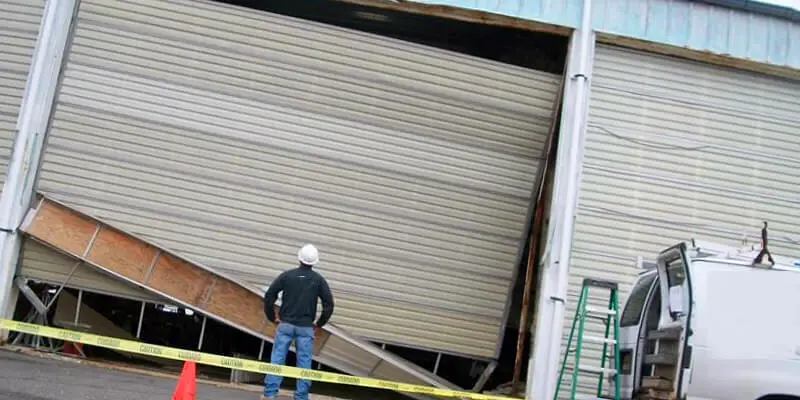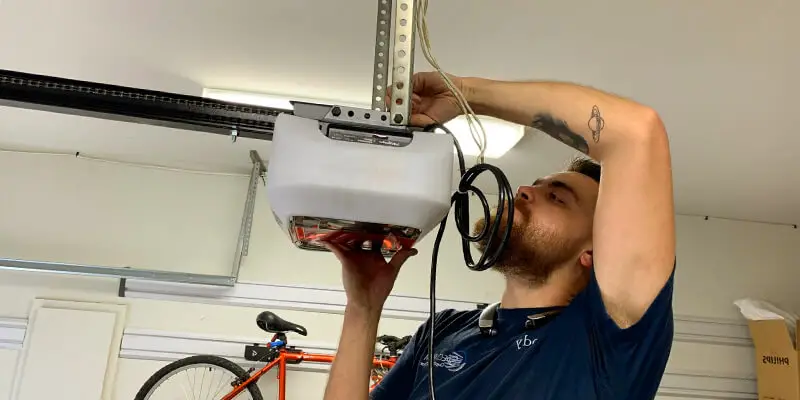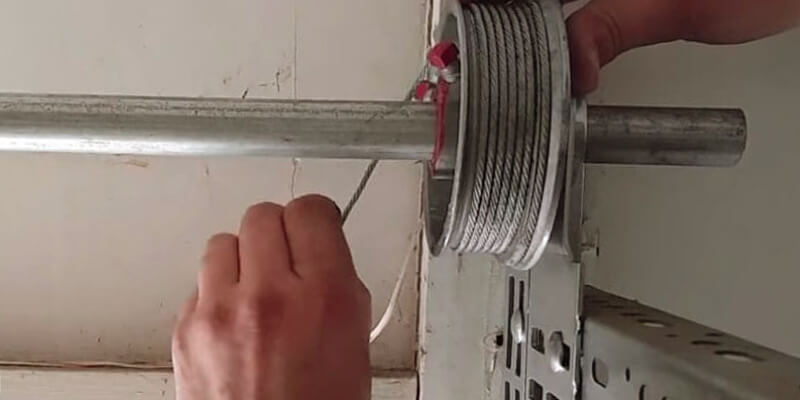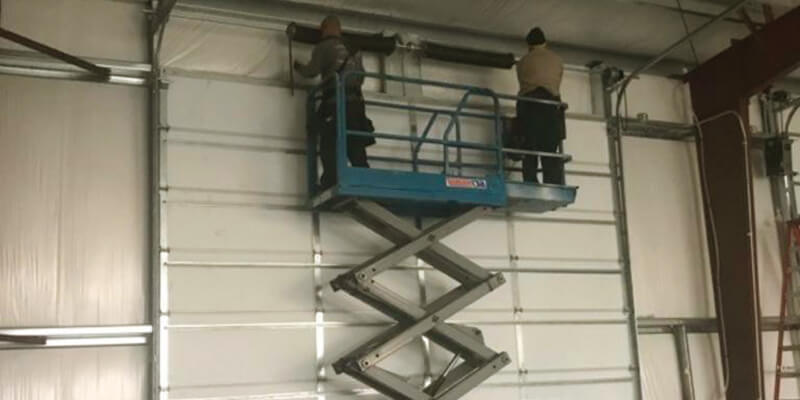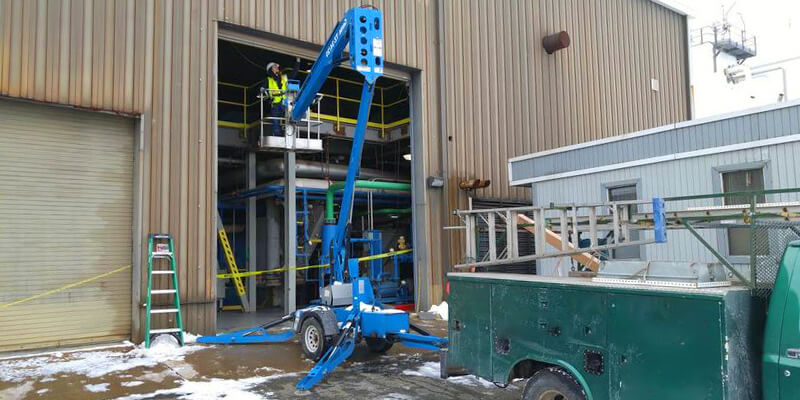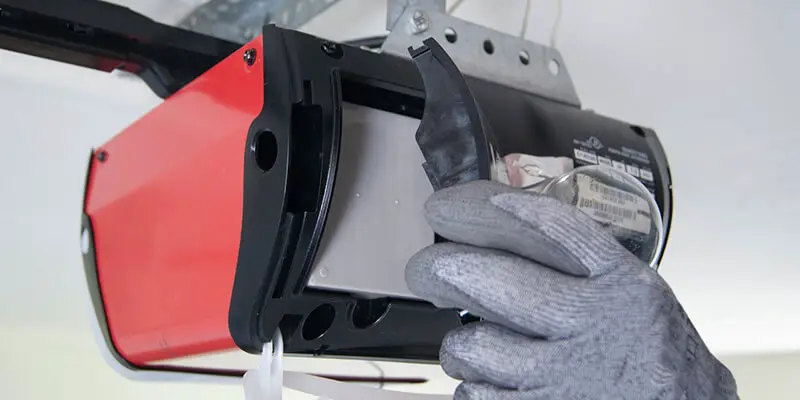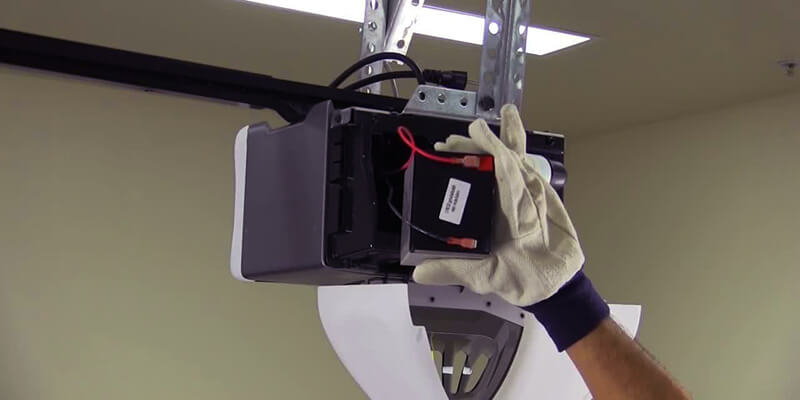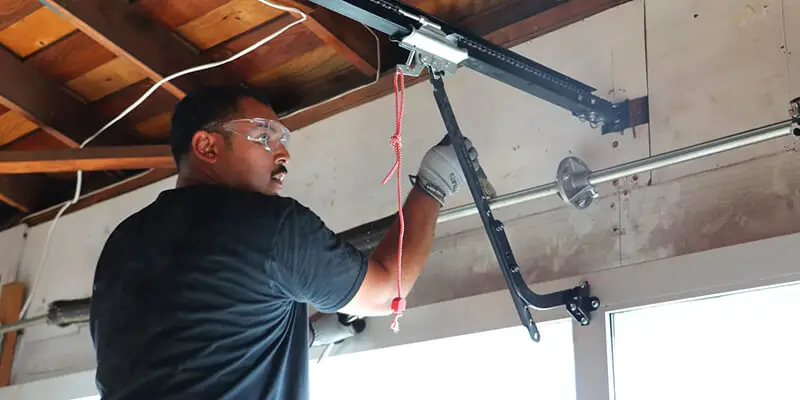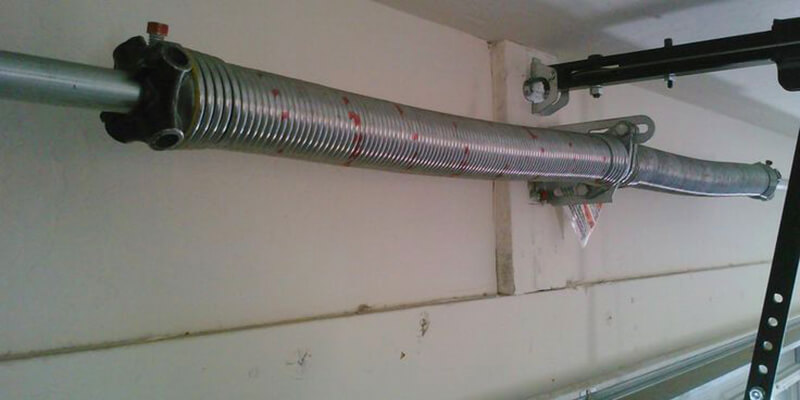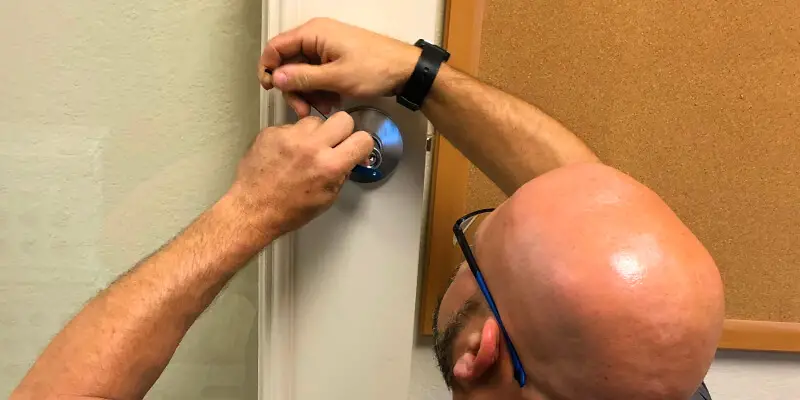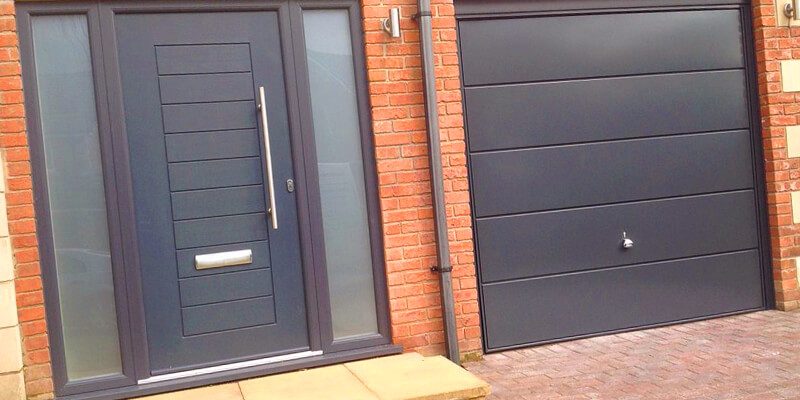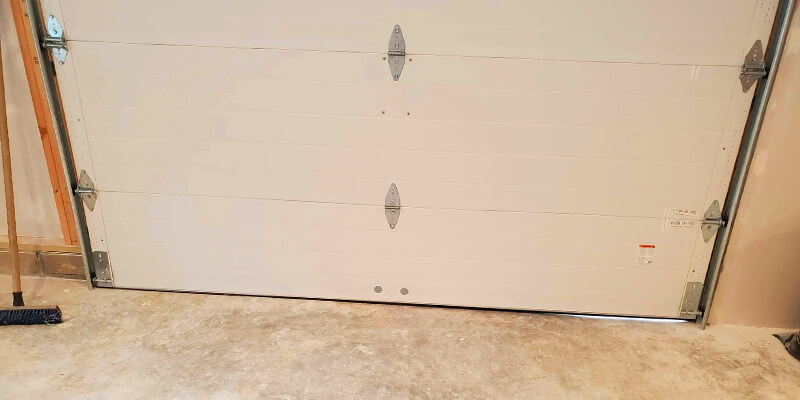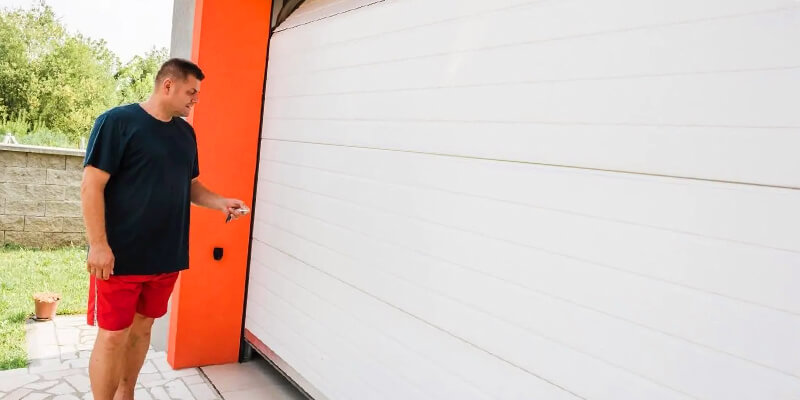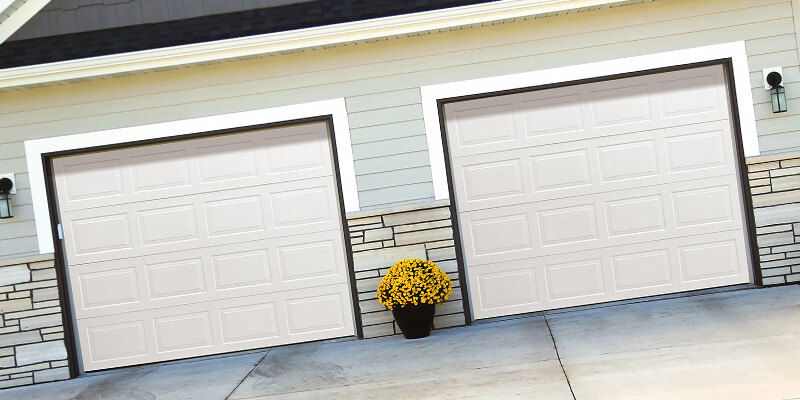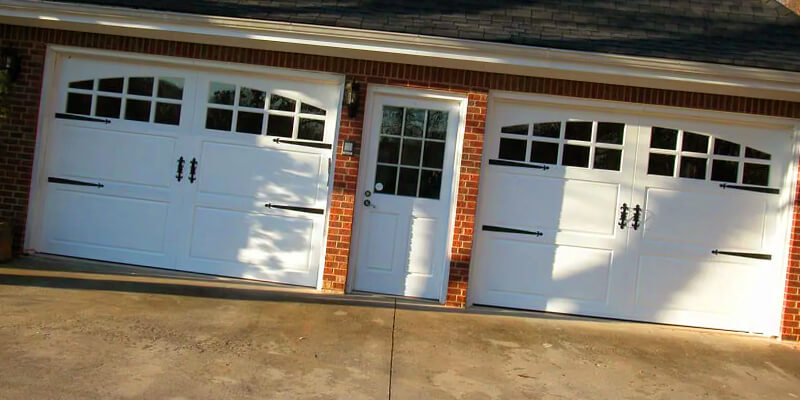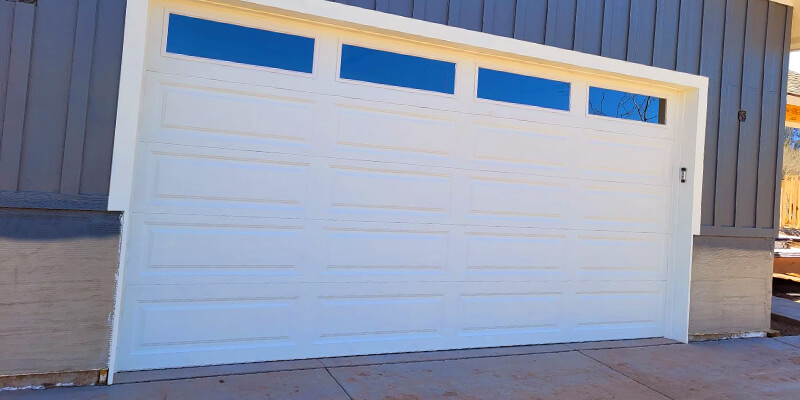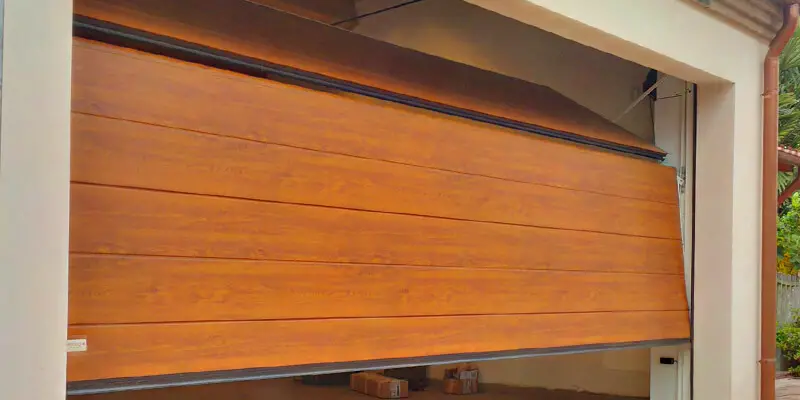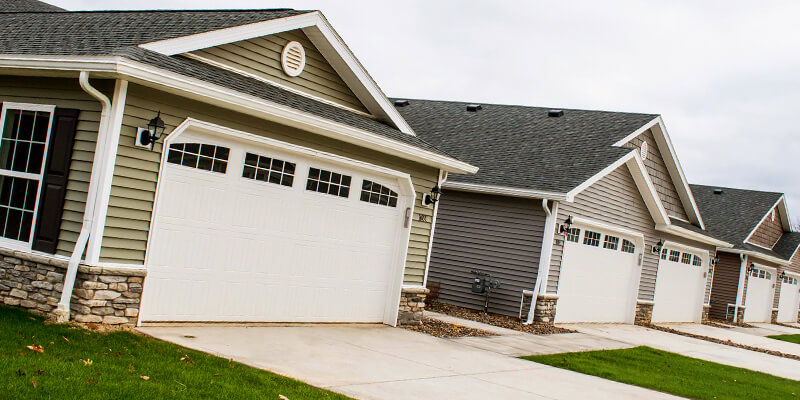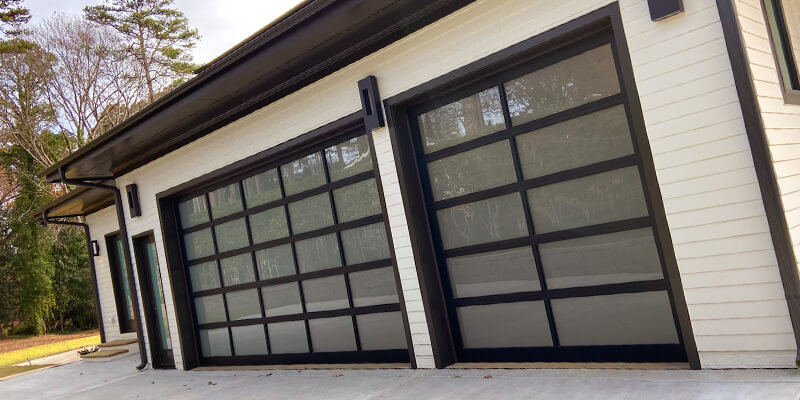Are you constantly dealing with a stubborn garage door that refuses to close? We know how frustrating that can be, especially when you’re in a hurry to leave or come home. There are several reasons why your garage door won’t close, and it’s important to get to the root of the problem to find a solution.
In this blog post, we’ll explore common reasons why garage doors don’t close and offer creative solutions to help you troubleshoot the issue.
1. Clear the Path
The first thing to check is if there are any objects blocking the garage door’s path. Sometimes, debris such as rocks or sticks may be interfering with the garage door’s sensors, preventing it from closing properly. Another culprit could be piled-up snow, ice, or other objects that may be obstructing the garage door.
Solution: Clear any objects that are in the way of the garage door’s path to ensure that it closes without any hindrance.
2. Safety Sensors Misaligned
The photo eyes are sensors located on each side of the garage door that detect any objects in the door’s path when it’s closing. When the sensors are misaligned, the garage door won’t close.
Solution: Check the sensors to ensure they’re clean and aligned correctly. You can also try resetting them by disconnecting the power source and then reconnecting it after a few minutes.
3. Broken Springs
Torsion springs are responsible for lifting and lowering the garage door. When one or both springs are broken, the garage door may not close properly or may close only partially.
Solution: Contact a professional garage door repair technician to replace the broken torsion springs.
4. Damaged or Disconnected Cables
The cables that are connected to the springs assist in lifting and lowering the garage door. When the cables are disconnected or damaged, the garage door may not close properly.
Solution: Contact a professional garage door repair technician to replace the damaged cables.
5. Misaligned Tracks
The tracks on which the garage door moves up and down can become misaligned over time. This can cause the garage door to get stuck and not close properly.
Solution: Inspect the tracks and adjust them to the correct position by loosening the screws that hold them in place.
6. Dead Batteries
The batteries in the garage door opener can die over time, causing the garage door not to close properly.
Solution: Replace the batteries in the garage door opener and try closing the garage door again.
7. Interference with the Signal
Interference with the garage door opener signal can cause the garage door not to close. This can happen if there’s an object blocking the signal or if other devices are causing disruption.
Solution: Check for any object blocking the garage door opener signal. If not, move the garage door opener closer to the garage door for a stronger signal.
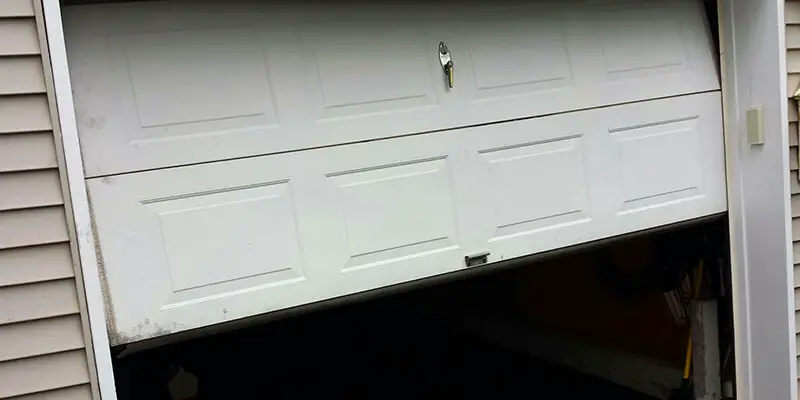
How to Overcome These Issues!
When troubleshooting your garage door, it’s crucial to take the right steps to ensure the problem is solved correctly. Here are some creative solutions to help you overcome the issues that prevent your garage door from closing:
1. Navigating the Obstacle Course
To avoid obstructions, make sure the garage door’s path is always clear. Clear any debris such as rocks or sticks, and remove piled-up snow or other objects that may be blocking the garage door’s path.
2. Getting in Line
To align your garage door sensors, first, make sure they’re clean. Then, adjust the sensors until they’re facing each other directly. If they’re still not aligned, try loosening the screws that hold the sensors in place and repositioning them.
3. The Art of Spring Replacement
Replacing broken torsion springs is a dangerous job that should be left to a professional. They have the experience and equipment to handle the job safely and correctly.
4. Raising the Bar
Fixing disconnected or damaged cables is another job that should be done by a professional. The cables are under tension and can cause serious injury if not handled correctly.
5. Tracking the Problem
To fix misaligned tracks, first, inspect them to see if they’re damaged. If they’re not, loosen the screws that hold them in place and adjust them to the correct position.
6. Power Up
Replacing dead batteries in your garage door opener is a simple fix. Just replace the old batteries with new ones, and your garage door should start working again.
7. Unraveling the Mystery
To identify interference with your garage door opener signal, try moving the garage door opener closer to the garage door. If that doesn’t work, try using a different frequency for the opener.
By following these creative solutions, you’ll be able to troubleshoot your garage door and fix the issues preventing it from closing correctly. Remember to prioritize safety, and if you’re not comfortable handling a repair, call a professional.
